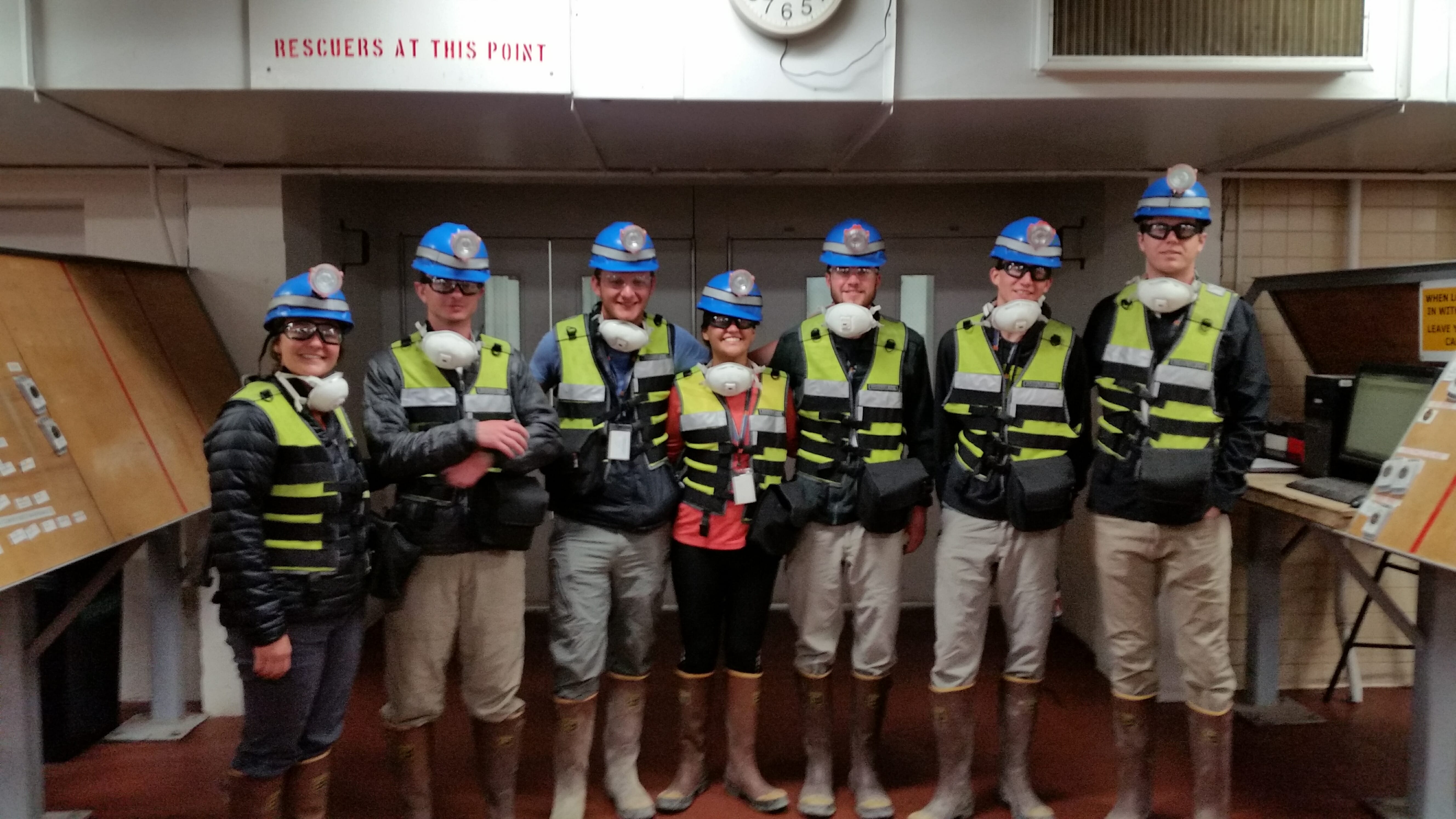Editor’s note: TU’s Native Odyssey team is in Colorado, where the group of young anglers toured a molybdenum mine. Mining takes a toll on native trout throughout the West—some 40 percent of all headwater streams are impacted in one fashion or another by abandoned mine runoff.
Molybdenum is the chemical element with the atomic number 42. Not found as a free metal on earth, molybdenum (moly) is found only in various oxidation states. This element, with its silver sheen and gray cast, is used in most high-strength steel super alloys. Common uses for molybdenum are: motor oil and antifreeze, hospital and laboratory equipment, and flat panel televisions.
In our time spent at Henderson mine, we got to see the processes in which the mine extracts and manages the tons of ore gathered. First, moly is located within a deposit and then harvested a mile down into the mountain. Harvest methods include a series of contained explosions within the host rock, which is then loaded into some of the largest dump trucks we have ever seen. Spanning 38 feet long and 26 feet tall, these dump trucks were literally cut in half down the middle and lowered down the mine’s elevator shaft, then reassembled in an underground shop by trained diesel mechanics. The mechanics informed us that the trucks last about 250,000 miles on the engine, completely underground, on the 150 miles of roadways inside the mine.
The muckers (haul trucks) then dump the 80 tons of rock ore into a crusher that grinds and dumps it on to a conveyer belt in three seconds. From there the conveyer belts transport the finer rocks 15 miles across the mine where it is then removed from the mine and transported to grinding mills where it is processed. For every ton of host rock that is processed, approximately 2-4 pounds of molybdenum is produced, and in a fluctuating market can sell for 6-10 dollars a pound.
Hundreds of years ago, mining corporations didn’t realize the environmental impact that mines could have on their surrounding ecosystems, but at Henderson mine, millions of dollars are spent every year on reclamation projects. The mine staff takes every precaution available to make sure that they not only meet environmental expectations, but exceed them and make sure they give back and maintain the environment that fuels them.
—Austin Burroughs



